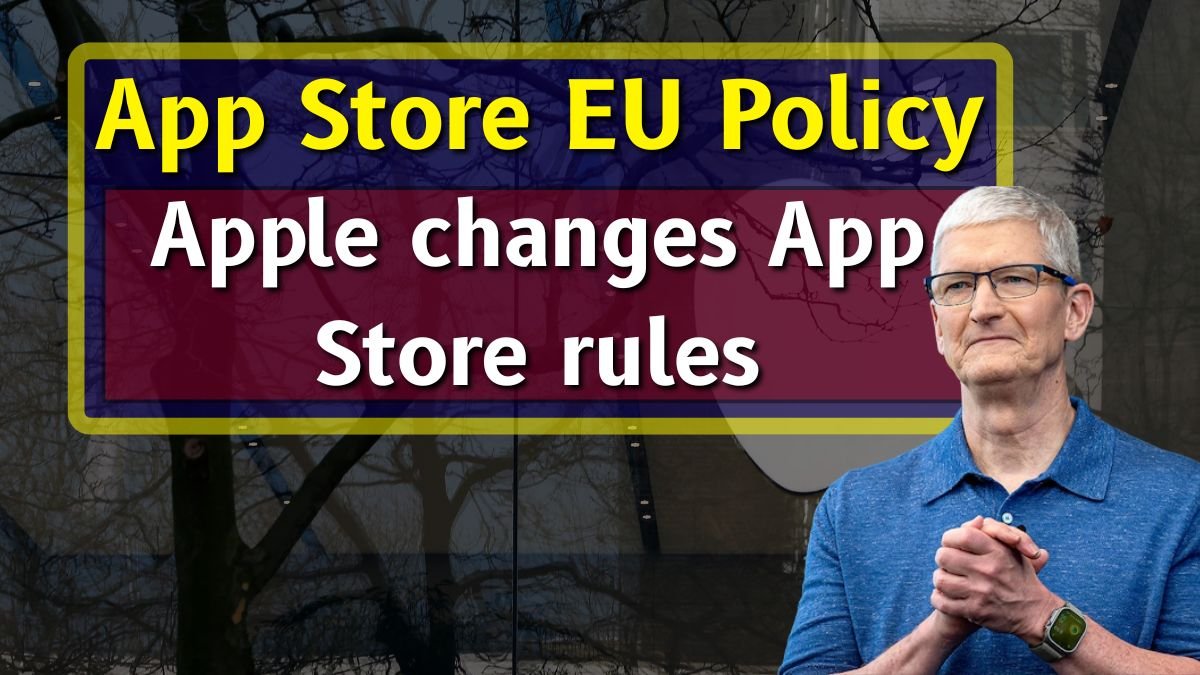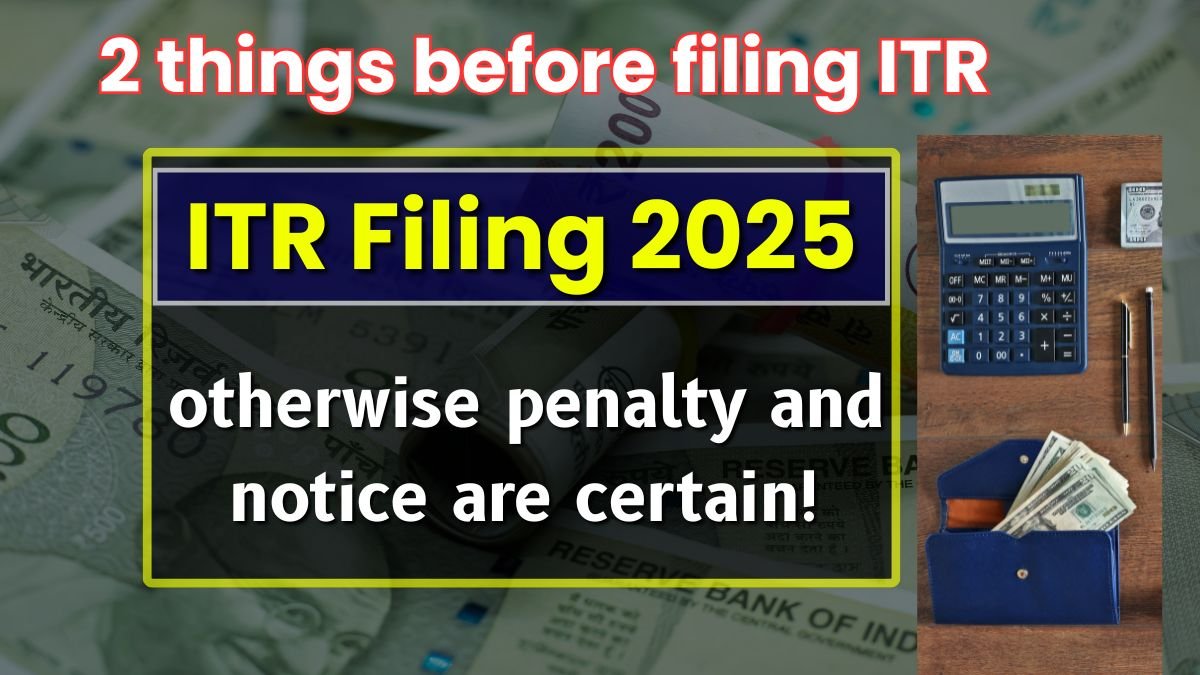Apple changes App Store rules 2025: If you’ve been following Apple’s long-standing legal battles in the EU, there’s a big shift you’ll want to know about. To comply with the European Union’s Digital Markets Act, Apple has just made significant changes to how its App Store operates — particularly when it comes to how developers can collect payments from users.
Why Did Apple Change Its App Store Policies in the EU?
Back in April 2025, the European Commission hit Apple with a hefty fine of €500 million (about $580 million USD) for limiting competition by forcing developers to use its in-app payment system. Under the new EU Digital Markets Act (DMA), companies like Apple must allow fair access and remove practices that restrict competition.
To avoid daily fines of up to €50 million (roughly $58 million) for non-compliance, Apple has introduced updated rules for how developers can charge customers — including allowing them to direct users to external payment platforms.
Key Changes to the App Store Rules for EU Developers
If you’re wondering what these rule changes actually look like in practice, here’s a breakdown:
| Feature | Previous Policy | New EU-Compliant Policy |
|---|---|---|
| External Payment Links | Prohibited | Now allowed – unlimited outbound links permitted |
| Processing Fees (In-App) | 30% standard | Reduced to 20%, or 13% for small businesses |
| External Payment Fee | Not allowed | 5% to 15% fee on payments made outside the App Store |
These adjustments offer more flexibility to app developers, especially smaller firms that have long complained about Apple’s high fees.
Why This Matters for App Developers in Europe
Developers across the EU can now offer alternative payment options directly to users, without being fully locked into Apple’s ecosystem. This opens the door for more competitive pricing and potentially lower costs for users.
However, Apple’s decision to still charge fees — even on external payments — has sparked criticism. While technically compliant, some argue these fees still undermine true competition.
Pushback from the Industry: “A Mockery of Fair Competition”?
Tim Sweeney, CEO of Epic Games (yes, the same company behind Fortnite), didn’t hold back. In a statement on social media, he said Apple’s updated model is still unfair, calling it:
“A mockery of fair competition in digital markets. Apps with competing payments are not only taxed but commercially crippled in the App Store.”
Epic has long battled Apple over its App Store restrictions and was one of the main catalysts for global scrutiny.
Apple, for its part, has said it disagrees with the EU’s ruling and plans to appeal the decision — even as it rolls out the required changes to avoid further penalties.









